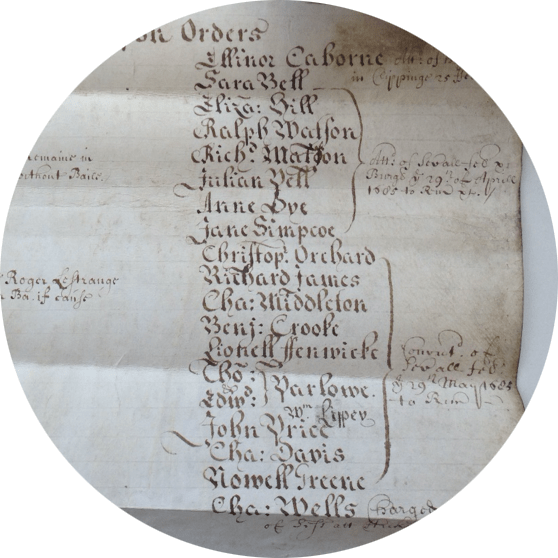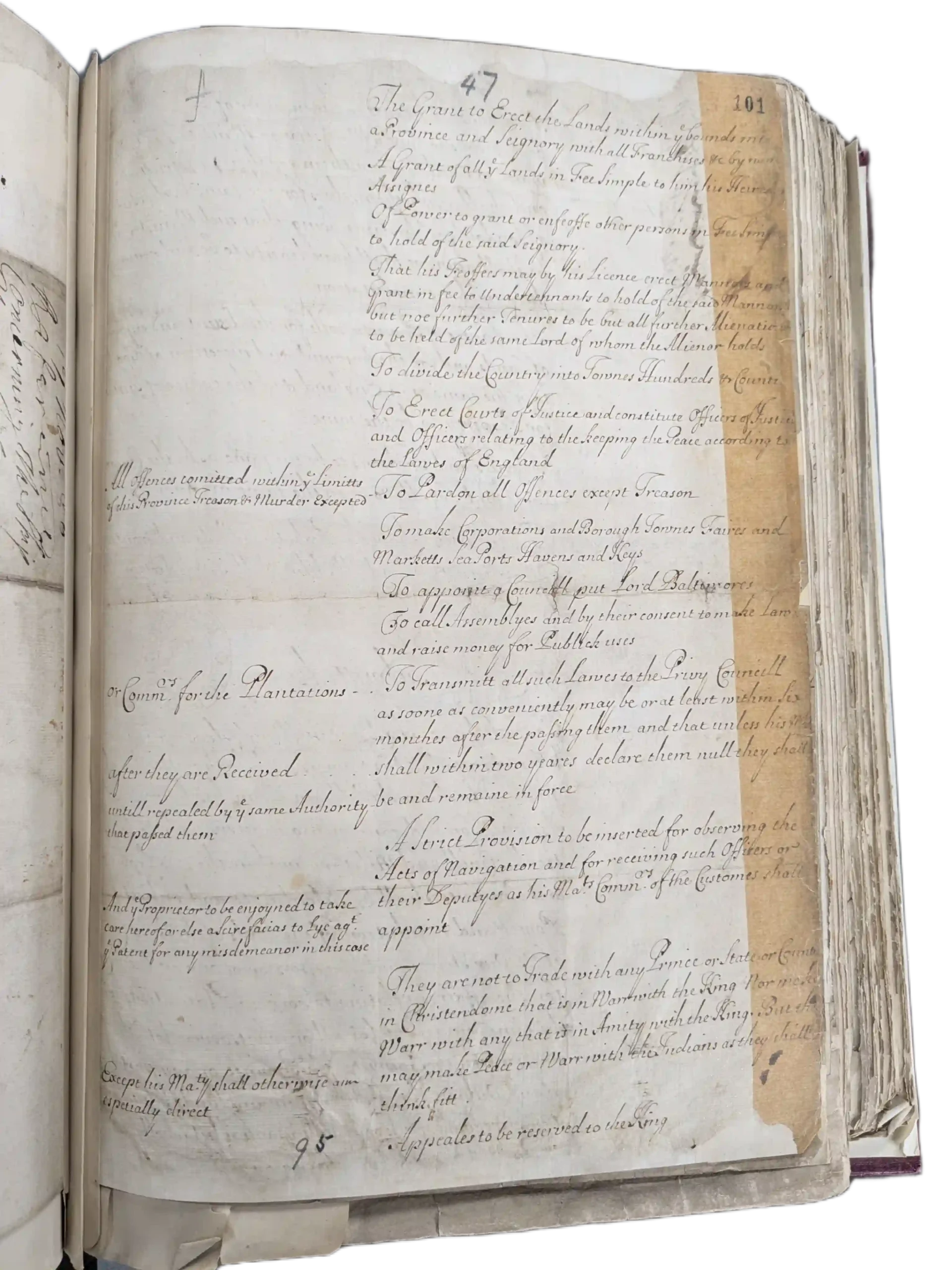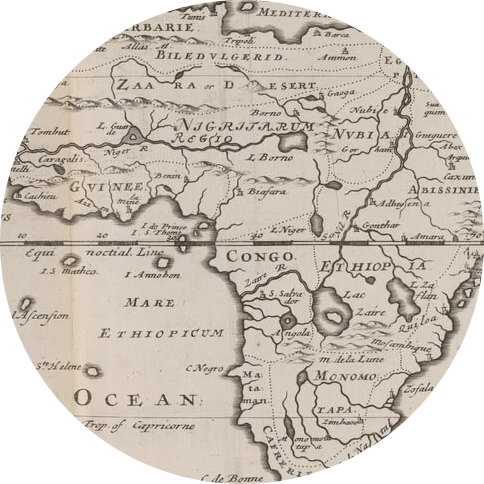Restoration Settlements
The Restoration of Charles II to the throne in 1660 not only restored the hereditary monarchy and the hereditary house of lords, but also led to the consolidation of hereditary racial slavery in the colonies. African slavery in the English colonies developed in part on the principle of hereditary status, which was crucial to the restoration, after which not only many political leaders but also many ordained ministers in the Church of England preached that all men are born unequal: One is born the son of a king or the son of a slave: such was the natural inequality of society. Further, by embracing hereditary status as a societal organizing principle, Charles II expanded and protected African slavery, which (via taxes on crops produced by their labor) became the most secure and reliable sources of income for the crown. Charles in turn moved to consolidate the supplies of laborers—both as indentured servants from England and enslaved laborers from Africa.
Charles II dramatically expanded English access to the slave trade on the African coast. He gave monopoly power over such trade to a new company, the Company of Royal Adventurers trading to Africa (Royal African Company for short). He arranged marriage to a Portuguese princess, Catherine de Braganza, whose dowry included rights to castles in West Africa, and with the help of his brother James, whom he made governor of the Royal Adventurers, he started two wars with the Dutch to expand English claims in both Africa and the Americas. When that company ran into financial difficulties, he appointed judges in England’s high courts who helped lay a stronger legal foundation for slavery.
The sources contained in this chapter cover efforts to enhance the legal foundation for Anglo-American slavery in each colony after 1660, and they also illustrate the various links between slavery and the Stuart monarchs’ attempts to consolidate royal power even as they negotiated when necessary with Parliament and with English merchants.
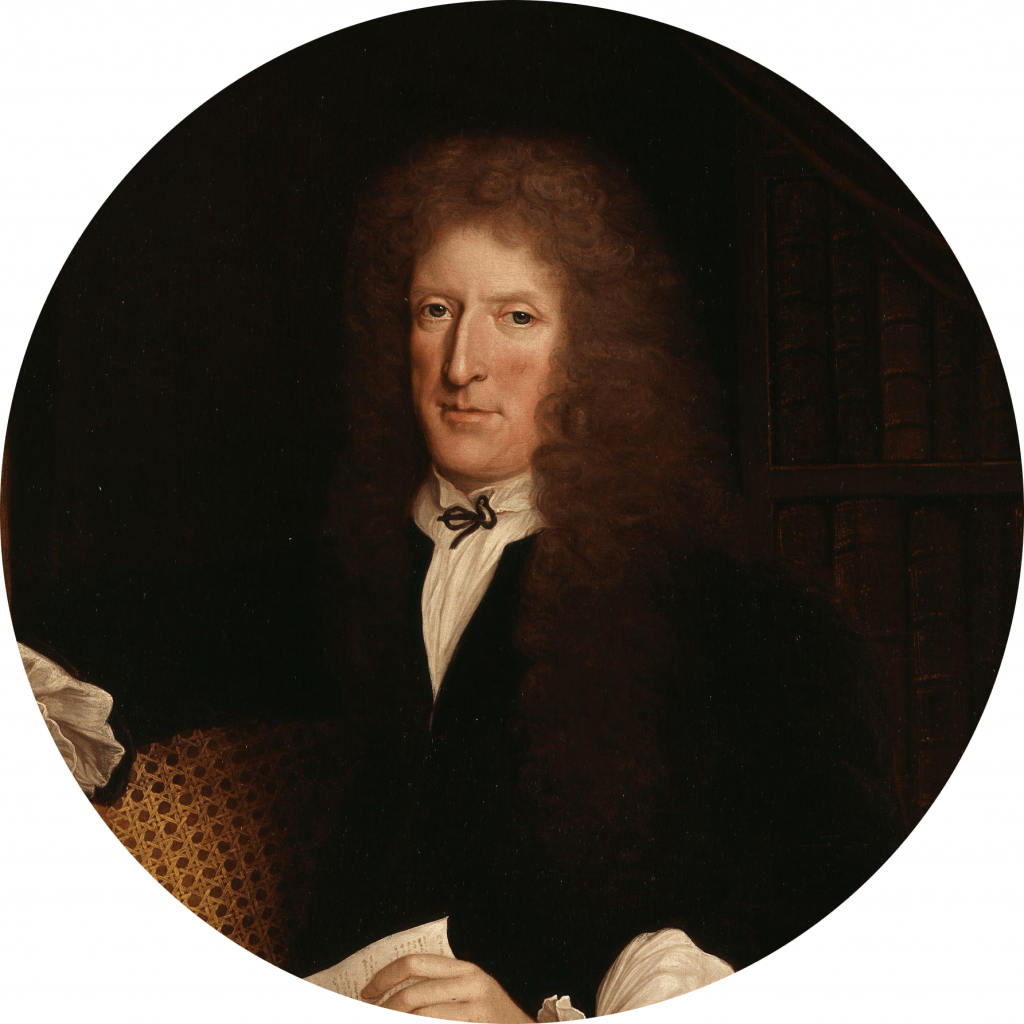
Charles II Treason & Sedition Act (1661)

Royal African Company Documents (1664 & 1667)
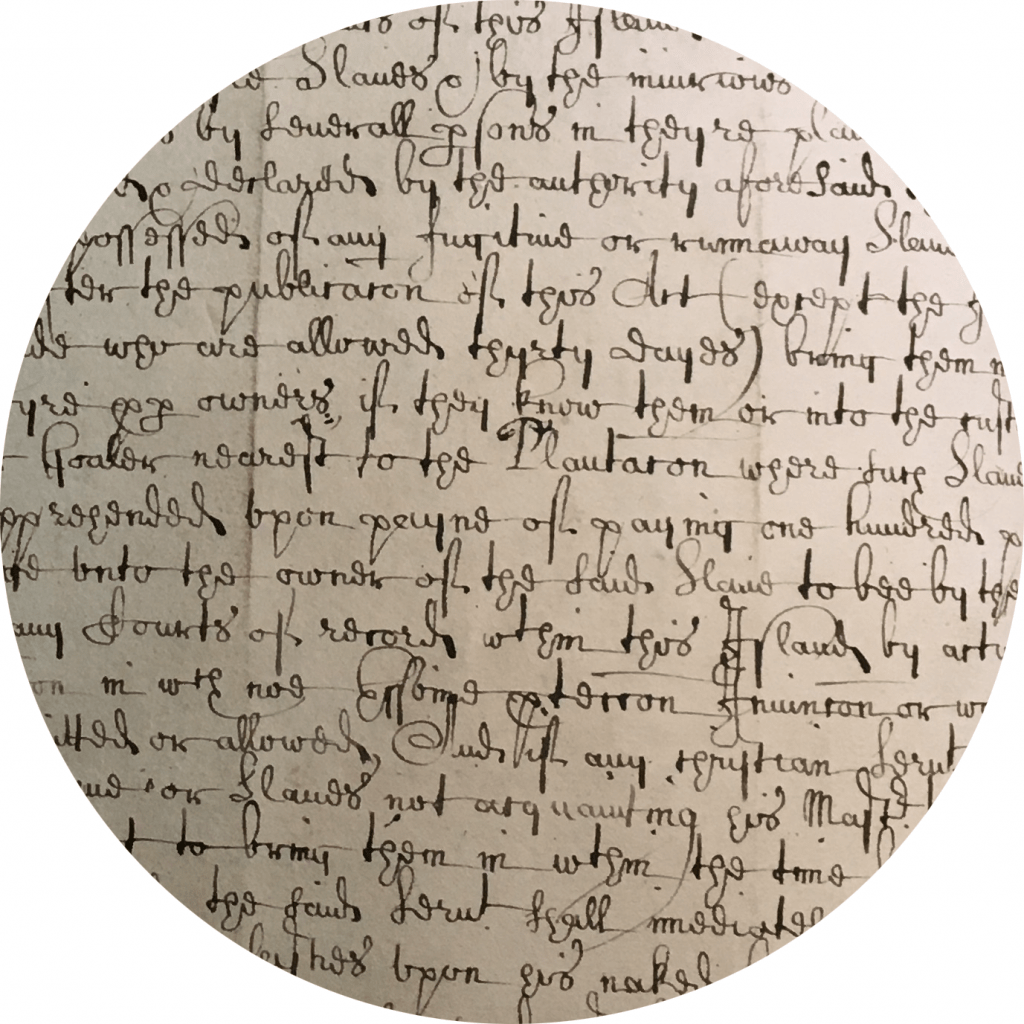
Jamaica Slave Code (1664)
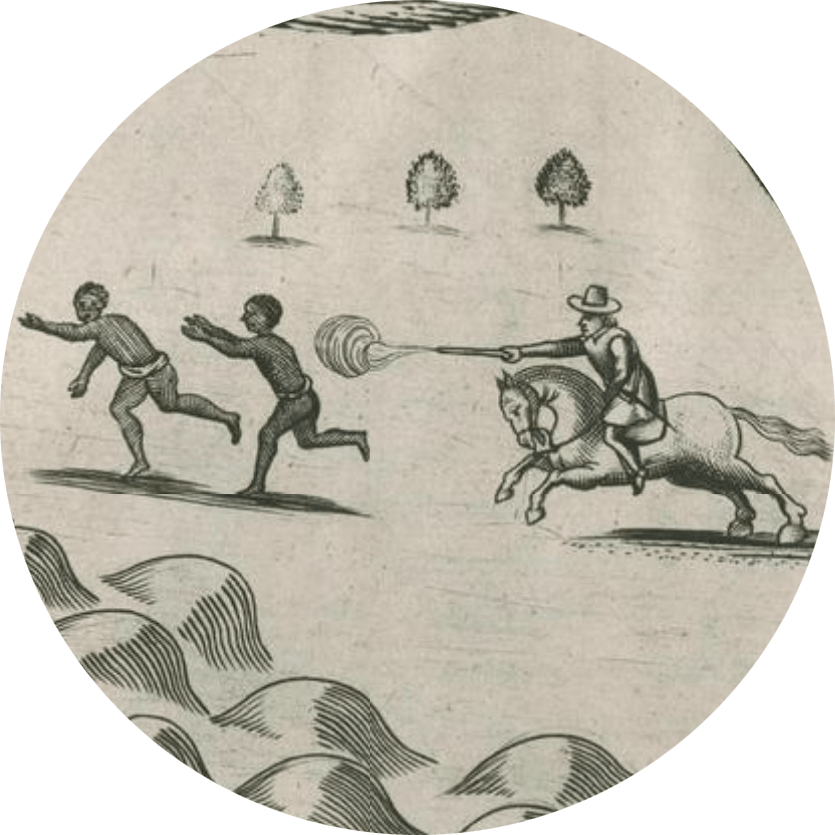
Barbados Slave Code
(1661 – 1667)

Colonial State Papers (1670s)
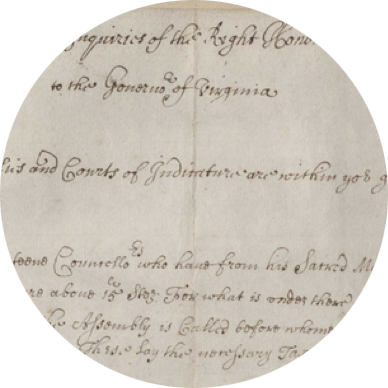
Enquiries to the Governor of Virginia (1671)
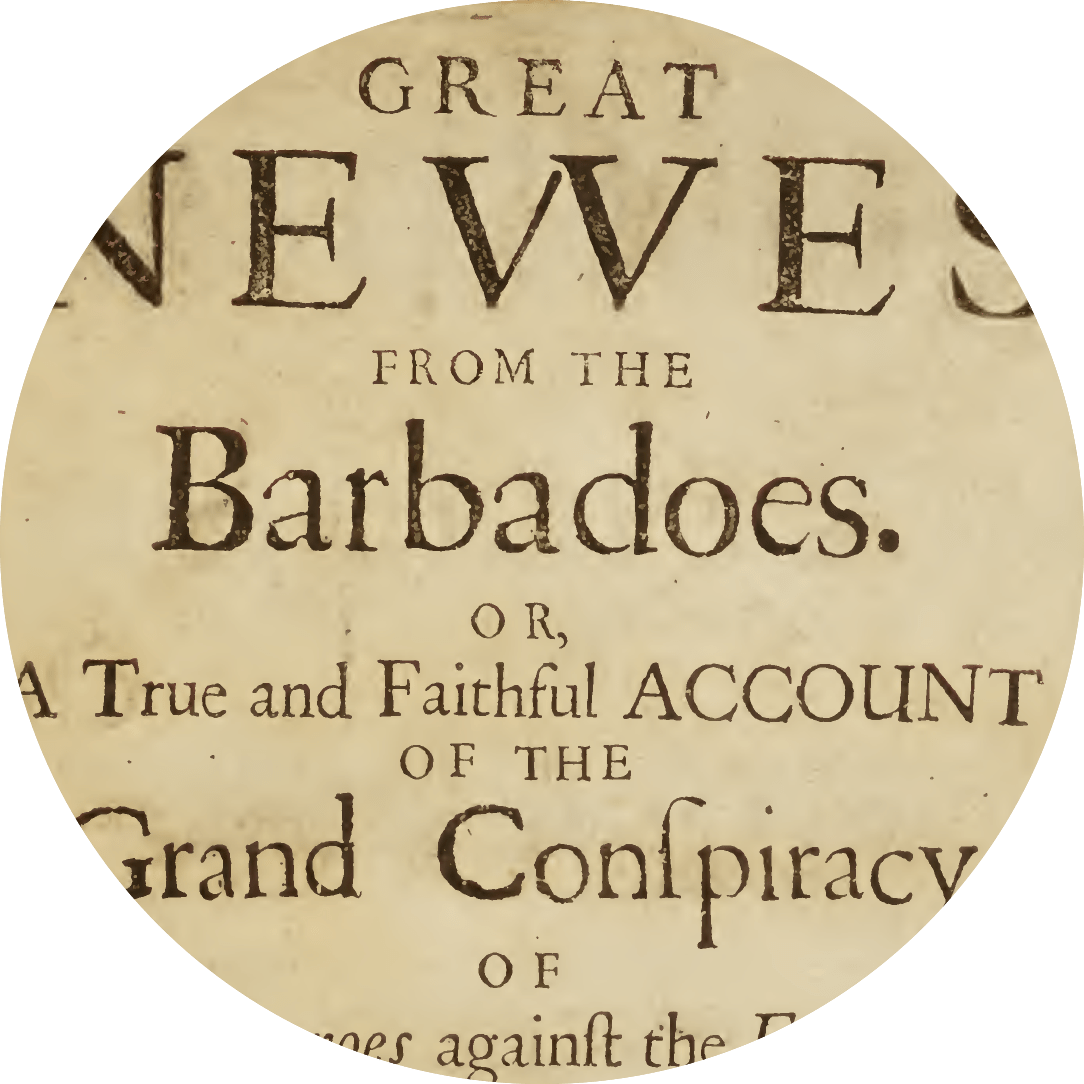
Barbados Slave Rebellion (1675)
